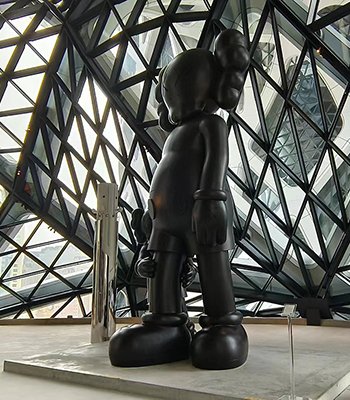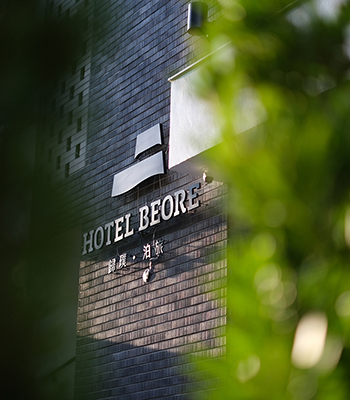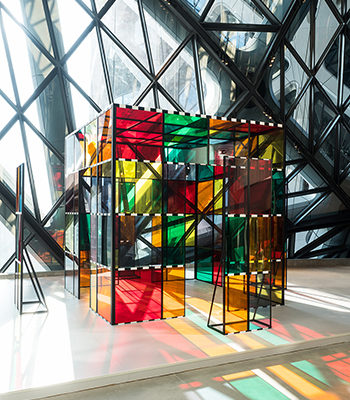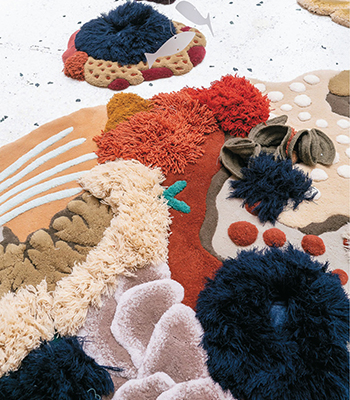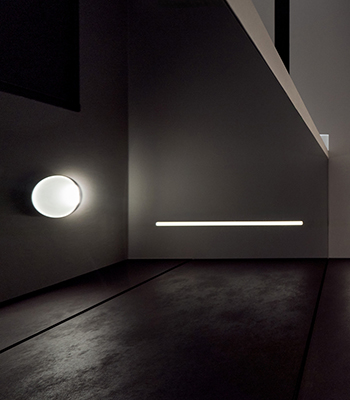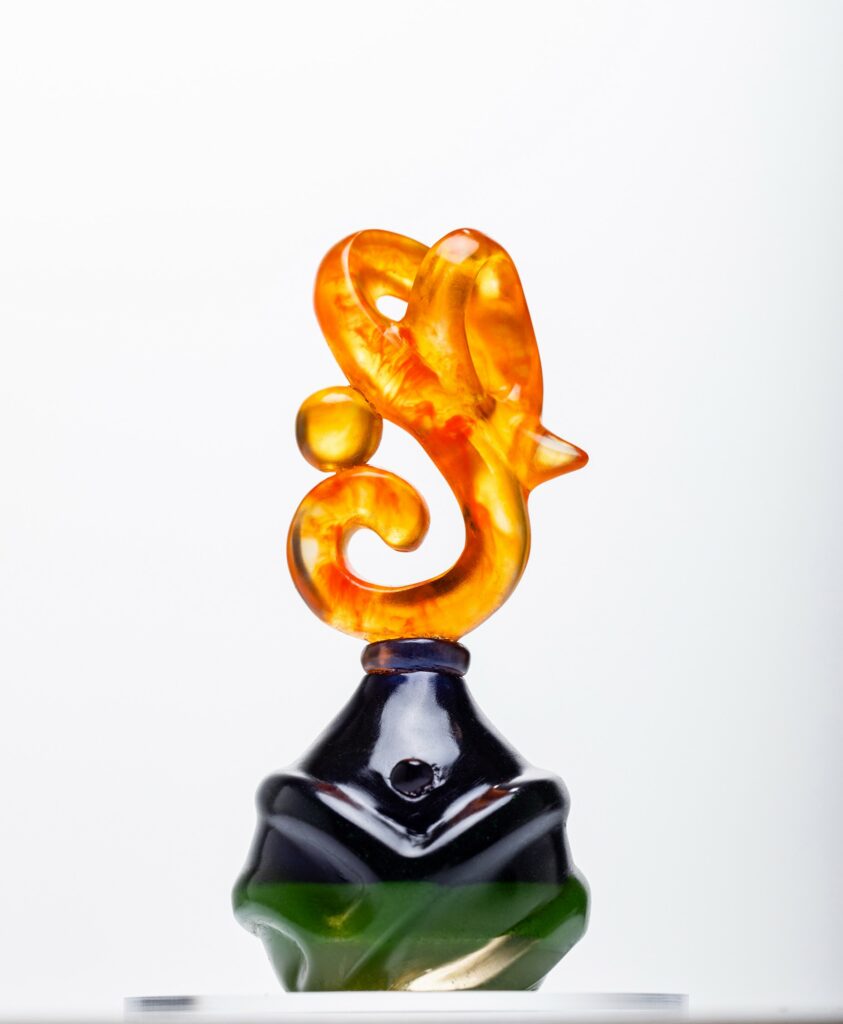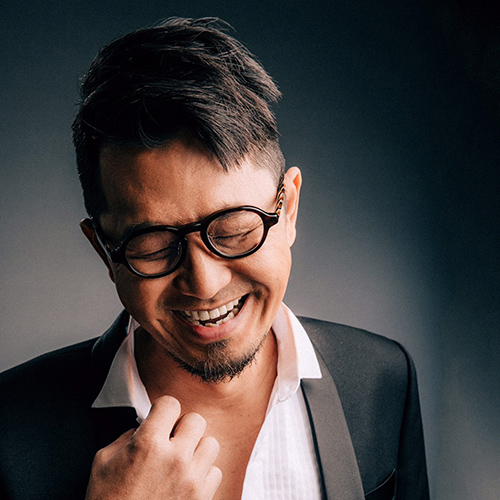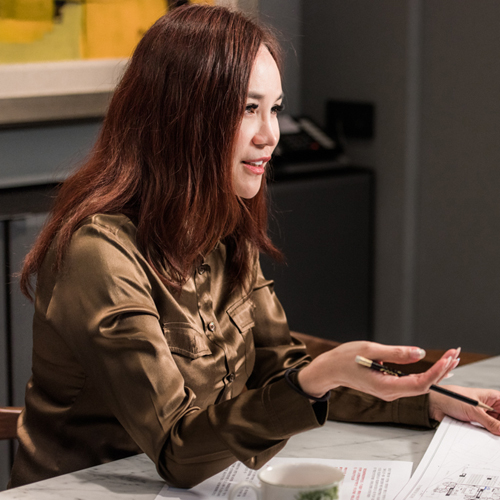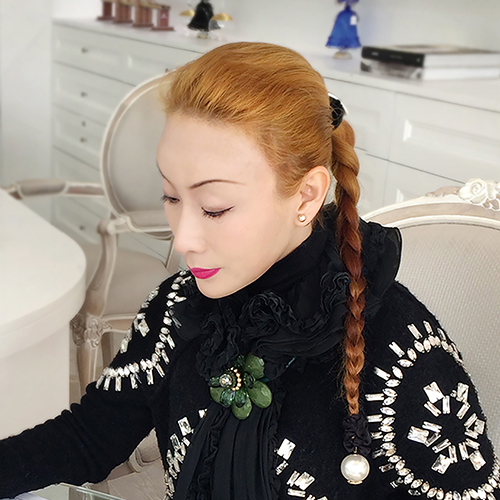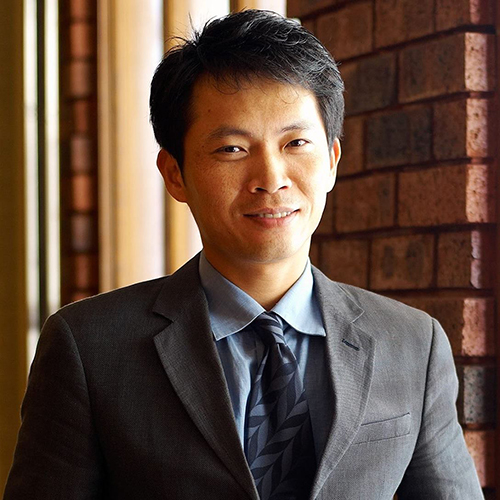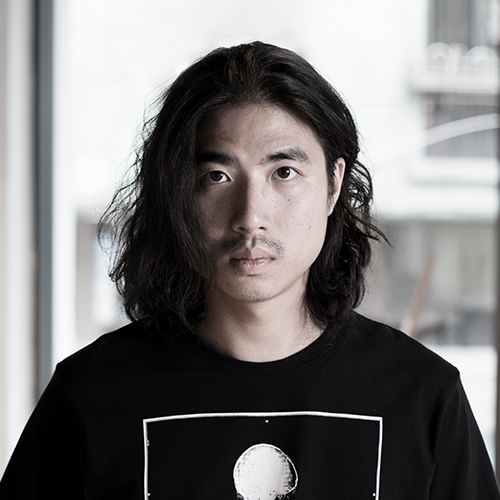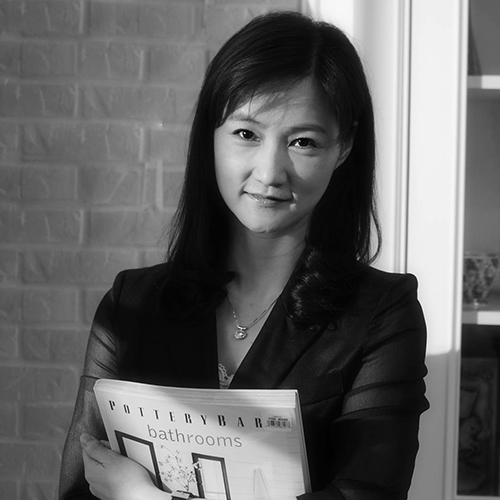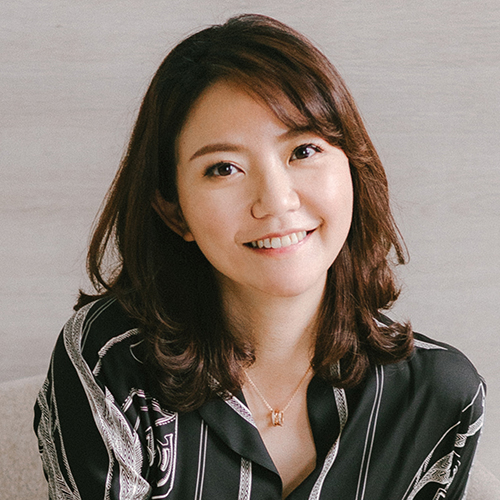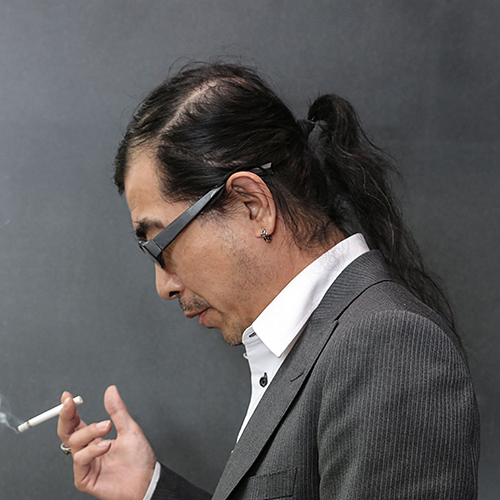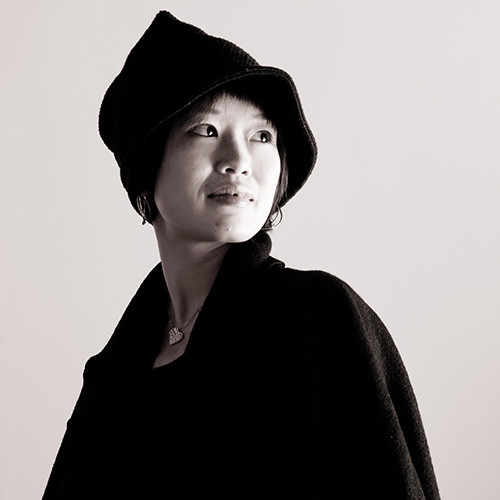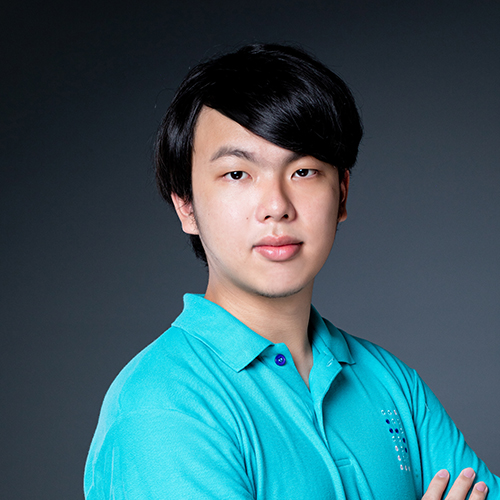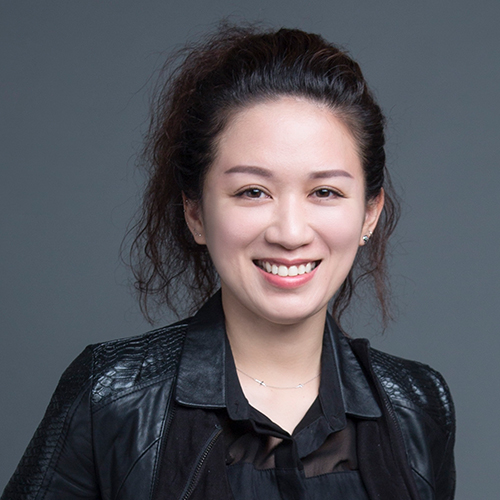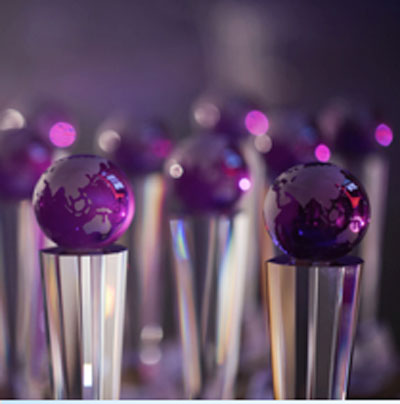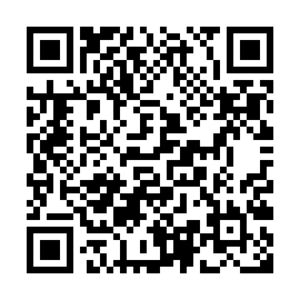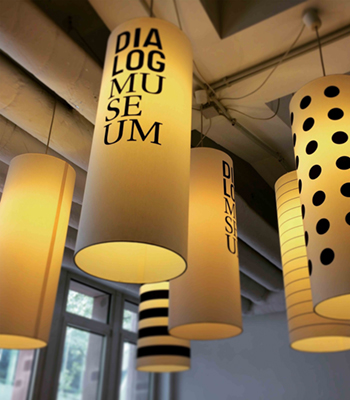
一場改變人生的體驗:德國「黑暗中的對話」博物館
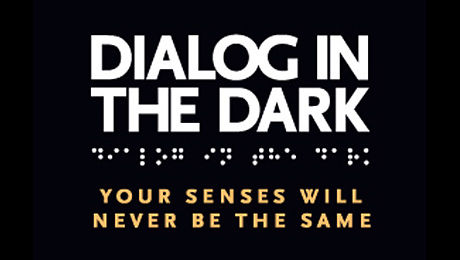
在現今社會的一些情境下憐憫心並不是一個容易被激發出的特質,當生活周遭發生變化時,我們的社會地位的觀點很快就會變得不同。如何保持客觀的自我當再也沒有視力或沒有言語交流的能力?在未知的環境中,我們必須跨出舒適區,展新的能力和技能,並且與人合作。黑暗中的對話社會企業創建沉浸式展覽和研討會,以培養對其他生活方式,文化和價值觀的同情和開放。在著名的《黑暗中的對話》中,盲人嚮導將邀請您參加在完全黑暗中的冒險,幫助您釋放對非視覺的感知,並克服在新環境中的陳規定型觀念和自身的局限性。在《黑暗中的對話》中,導覽員將在您發現非語言交流的力量時,擴大您的交流能力。隨著您對殘疾和能力的看法發生變化,影響將永遠持續。我們的使命是通過展覽和研討會在全球範圍內促進殘疾人,弱勢族群和老年人的社會融合。
Empathy is not a nice to have. It’s a must to have. When the frame changes, roles and routines become quickly obsolete. How to keep the overview without eyesight or to communicate without verbal expression? In an unknown environment we must move out of the comfort zone, have to develop new abilities and skills and must team up with people, we usually don’t talk to. Dialogue Social Enterprise creates immersive exhibitions and workshop to foster empathy and openness towards other ways of living, cultures, and values. In our famous Dialogue in the Dark, blind tour guides will invite you on an adventure in total darkness, helping you to unlock your non-visual perception and to overcome both your stereotypes and your own limitations in new surroundings. In Dialogue in Silence, deaf hosts will widen your capacity to communicate while you discover the power of nonverbal communication. The role swap works for the duration of the experiences. The impact lasts forever, as your perspectives are changing towards disability and ability.
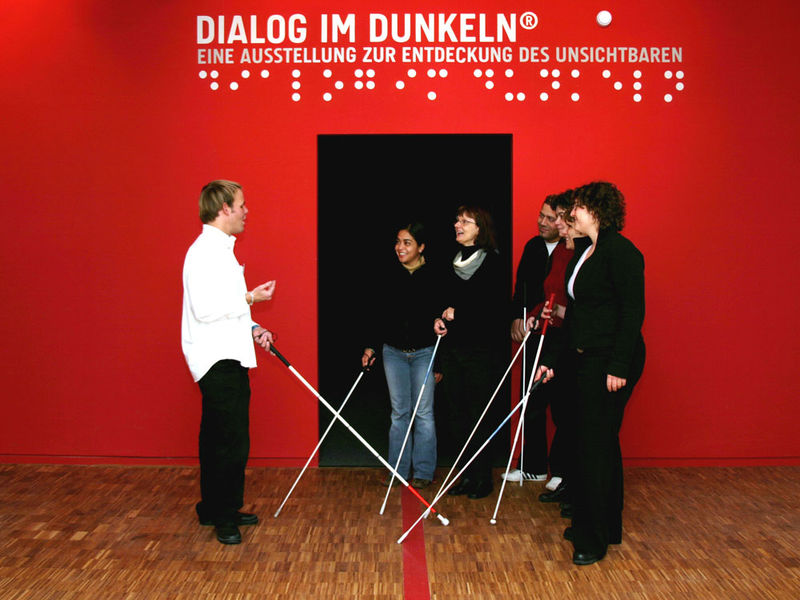
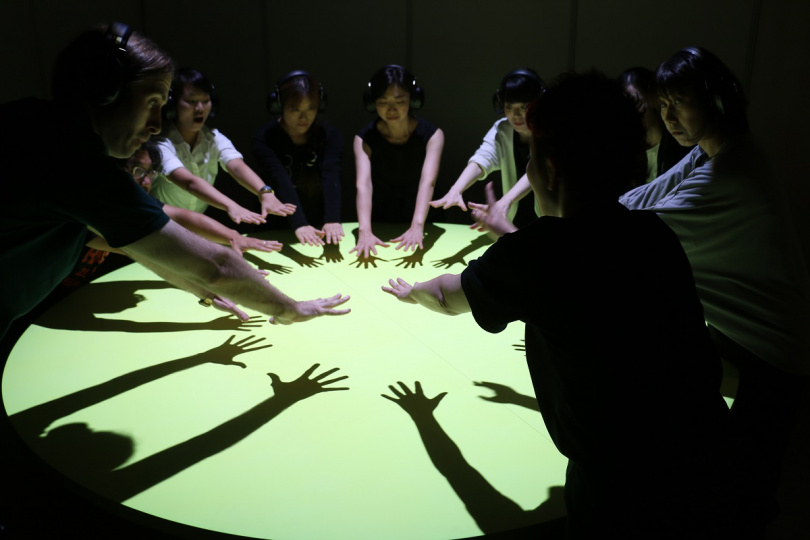
《黑暗中的對話》博物館的使命
- 提高對殘疾人、較為弱勢族群和老年人,他們的需求,他們的潛力以及他們對社會的貢獻的認識,以促進產生包容性行為的同情和尊重。
- 改善殘疾人,處境不利的人和老年人的社會經濟狀況。
- Andreas Heinecke博士與“黑暗中的對話社會企業”的創始人Orna Cohen一起。
- 早在博物館成立之前,Andreas於1982年是德國一家廣播電台的記者,在那裡他為盲人開發了第一套工作重返社會的培訓。這個項目的直接靈感來自安德里亞斯的同事和朋友,他們失去了視力,但不得不習慣再次工作。
- 1988年,安德里亞斯(Andreas)成為法蘭克福盲人基金會的副主任。1988年,他在這裡首次發表了《黑暗中的對話》。安德里亞斯受到啟發。他還創建了第一本盲人讀者的電子報紙(1990年)並出版了電子書(1992-1994年)。漢堡的“黑暗之夜”展覽中的第一個永久性“對話”於2000年開幕。多年來,該場所應有的名稱為“ Dialoghaus”,英語中的意思是“對話之家”。今天,Dialoghaus提供DSE設計的大多數展覽和節目。Dialoghaus還是DSE的總部。
- 在數十年的不懈努力中,安德烈亞斯(Andreas)的貢獻為他贏得了各種國際獎項。他是歐洲第一位Ashoka研究員(2005年)和WEF Schwab基金會的全球研究員(2007年)。 Andreas與Orna Cohen共同創作了《黑暗中的對話》(2000年)和《與時間對話》(2014年)。他是活躍的演講者和出版商(TED,WEF,GSBS),並自2011年以來在歐洲商學院擔任教授,在那裡他教授社會商務課程。他在國外任教,並擔任多個國際董事會的董事和顧問。
- 安德烈亞斯·海內克(Andreas Heinecke)將其專有技術和使命轉移給“黑暗中對話社會企業,今天仍然是新概念和展覽的推動創新者,旨在通過打破溝通障礙來克服刻板印象。
- 黑暗中的對話是世界上最令人興奮的改變生活的體驗之一,在絕對黑暗中,參觀者由盲人嚮導引導。您將有機會體驗日常生活的環境,例如在公園散步,乘船遊覽或在經過特別設計的暗室中參觀咖啡館。日常瑣事變得令人興奮,並且角色的顛倒在視力變得盲目的人和盲人的視野中得以實現。
Our mission is to facilitate social inclusion of people with disability, disadvantaged and elderly people on a global basis through exhibitions and workshops.Our goal: To raise awareness about people with disability, disadvantaged and elderly people, their needs, their potential and their contributions to the society in order to foster empathy and respect that lead to an inclusive behavior. To improve the social economic condition of people with disability, disadvantaged and elderly people. Dr. Andreas Heinecke is, together with Orna Cohen, founder of Dialogue Social Enterprise. Long before DSE was founded, in 1982, Andreas was a journalist at a German radio station where he developed the first work re-integration training for blind people. This project was directly inspired by Andreas’ colleague and friend who lost his eyesight and had to be accustomed to work again.
In 1988, Andreas became deputy director of the Foundation for the Blind in Frankfurt. It was here where he presented the Dialogue in the Dark for the first time (1988). Andreas was inspired. He furthermore created the first electronic newspaper for blind readers (1990) and published electronic books (1992-1994). The very first permanent Dialogue in the Dark exhibition in Hamburg was opened in 2000. Over the years, this venue deservingly received its name as “Dialoghaus”, which in English means “house of dialogue”. Today, Dialoghaus offers most of the exhibitions & programs designed by DSE. Dialoghaus is also the home office of DSE. Throughout decades of committed work, Andreas has won various international awards for his contributions. He is the first Ashoka Fellow in Europe (2005) and a Global Fellow of the Schwab Foundation of the WEF (2007). Andreas has, with Orna Cohen, co-created Dialogue in Silence (2000) and Dialogue with Time (2014). He is an active speaker and publisher (TED, WEF, GSBS) and holds a professorship at the European Business School, where he teaches Social Business course, since 2011. He is teaching abroad, and serves as a board member and advisor on several international boards. Transferring his know-how and mission to the incubator of Dialogue Social Enterprise, Andreas Heinecke today still remains the driving innovator for new concepts and exhibitions aimed at overcoming stereotype mindsets by breaking communication barriers.
Dialogue in the Dark is one of the world’s most exciting life-changing experiences where visitors are guided by blind guides in absolute darkness. You get a chance to experience daily environments of life like enjoying a walk in the park, taking a boat cruise or visiting a café in specially designed darkened rooms. Daily routines become exciting and a reversal of role is created where sighted become blind and blind become sighted.
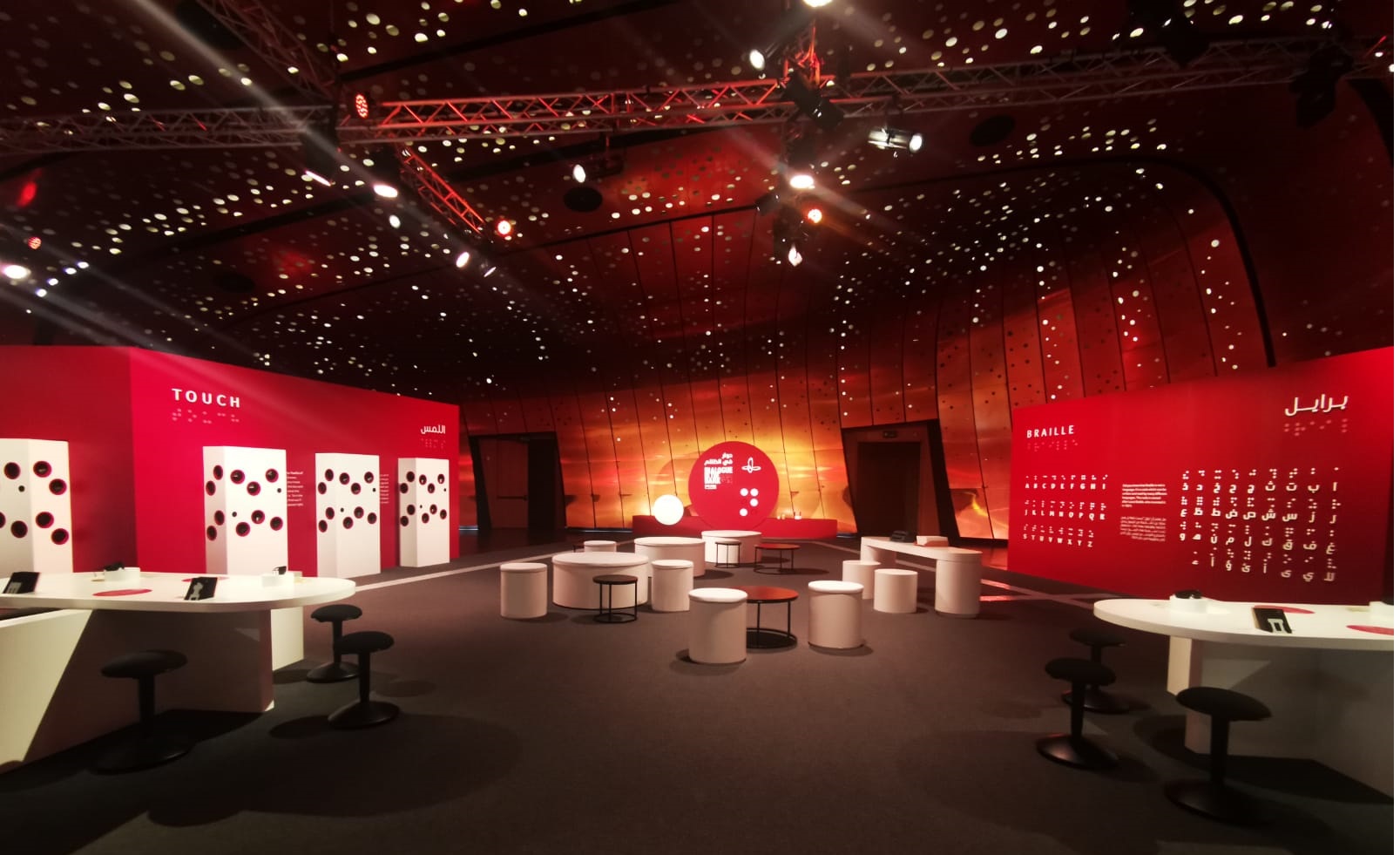
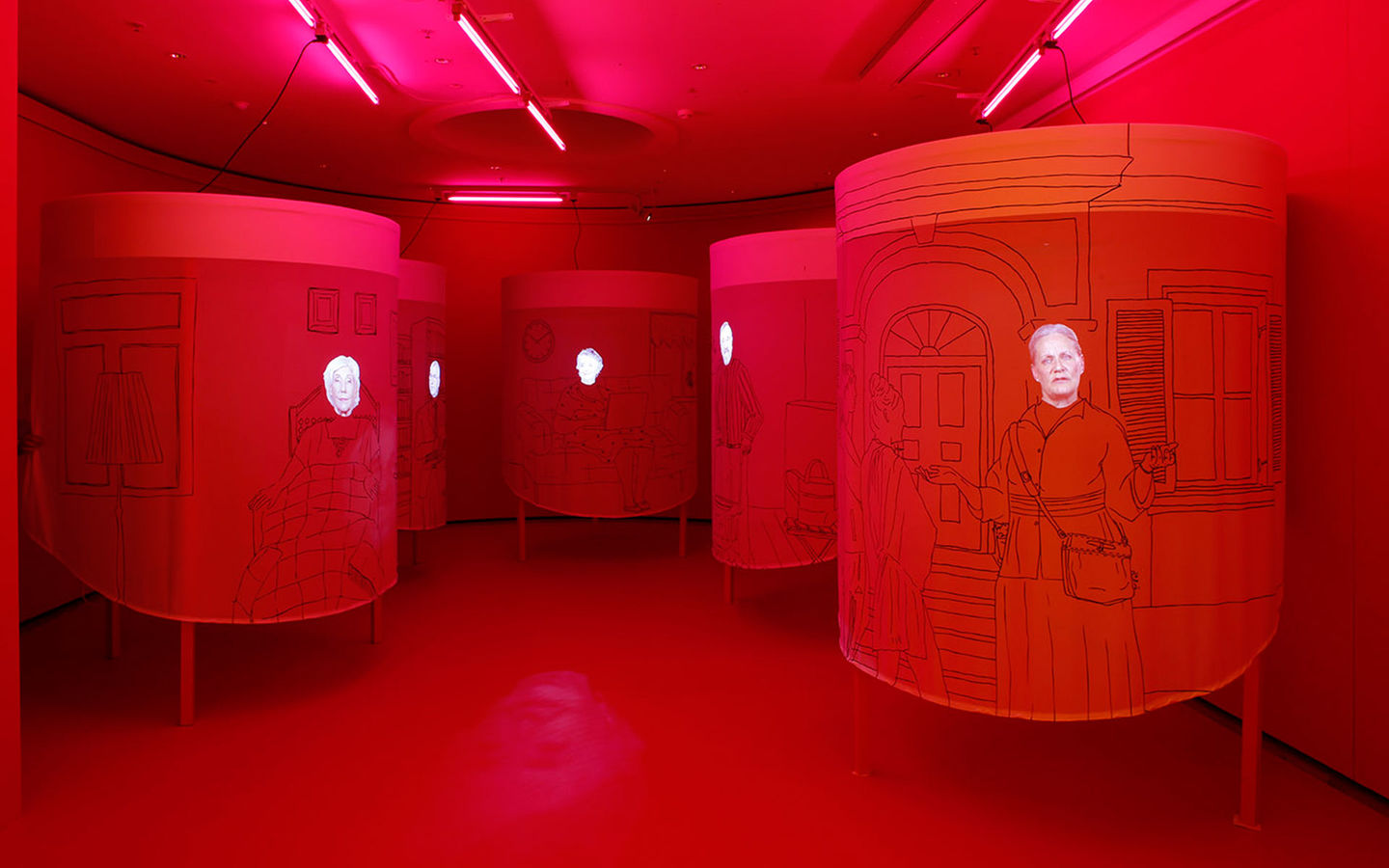
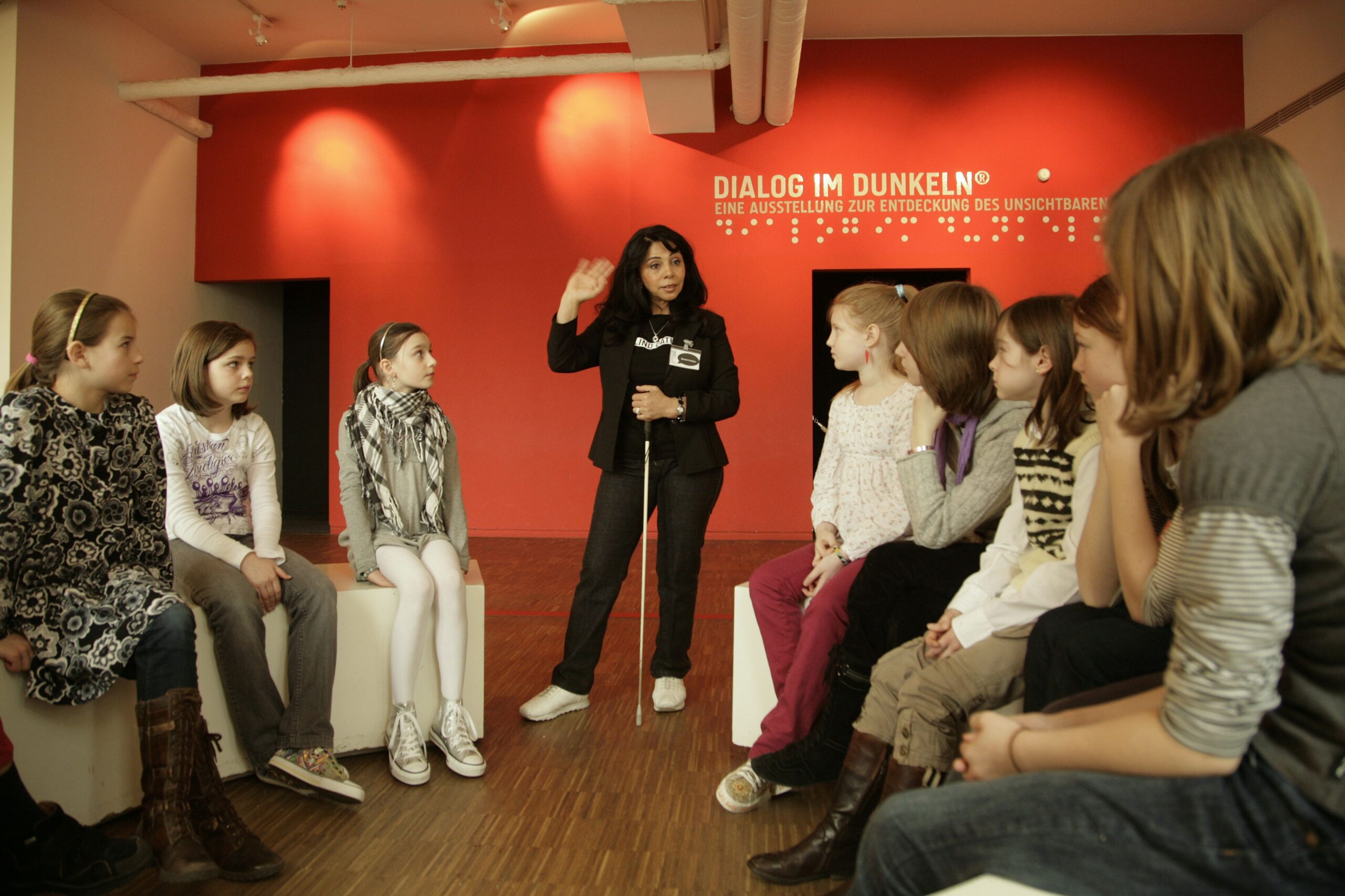
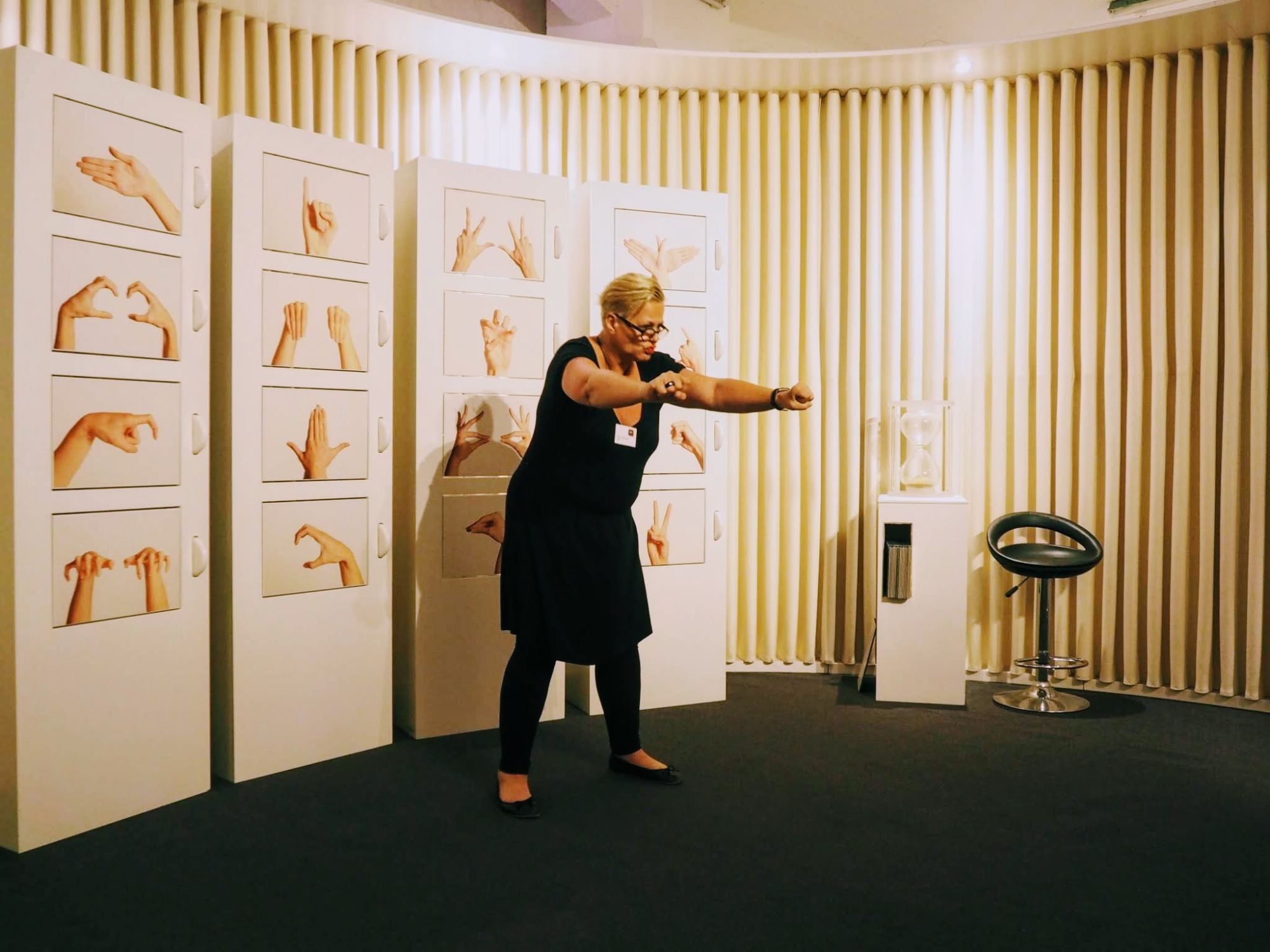
黑暗中的對話將您帶出舒適區域,使您進入一個沒有圖片影像的世界。盲人嚮導是這種環境的主人,因此可以為遊客提供安全感。 27年來,“黑暗中的對話”已在歐洲,美洲,非洲和亞洲的41多個國家/地區舉行。成千上萬的盲人帶領著數百萬人參觀了展覽,並學會了在黑暗中看風景。
黑暗對我們的認知有很大的影響。我們是否能夠看到改變我們的生活和整個生存。大家都知道。因此,完全黑暗的經歷對於每個有能力看到的人來說都是令人不安的環境:首先是令人震驚的完全無助。但是隨後人們開始適應並應對令人困惑的情況。他們使用白色的手杖,使用其他的方向感,並且開始欣賞周圍的事物,這是前所未有的。
適應黑暗是一種學習手段,米爾頓·埃里克森(Milton Erickson)是我們這個時代最有影響力的系統思想家之一,當他說:“除非您願意對已經知道的東西感到困惑,否則您永遠不會讓自成長、讓自己的思考更廣更深。”
與“正常”訓練(無論是在室內還是室外)相比,通過混亂和“正常”環境的急劇變化來學習標誌著在黑暗中學習的差異。埃里克森認為,在尋求創新和進步時,變革是必要的,也是不可避免的。它帶來了混亂,但是我們當然需要一段情緒起伏的階段,以進行實質性學習並激發內部資源。因此,黑暗可以像完美的催化劑一樣發揮作用(Antje Boijens,“ DID培訓中心的商業案例推理”,位於慕尼黑AGI)。
Dialogue in the Dark pushes you out of the comfort zone orienting you to a world without pictures. The blind guides are master of this environment and hence provide the visitors with a sense of security. Since more than 27 years Dialogue in the Dark has been presented in more than 41 countries throughout Europe, the Americas, Africa and Asia. Millions of visitors have been led through the exhibition by thousands of blind individuals, and learned to see in the darkness.
Darkness makes a big difference to our perception. Whether we can see or not changes our life and whole existence. Everybody knows that. Therefore the experience of total darkness has a disturbing quality for every human being capable of seeing: first there is shocking complete helplessness. But then people start to adapt and to cope with the confusing situation. They use the white cane, they apply other senses for orientation and they start to appreciate those around them like never before.
Darkness is a means of learning which Milton Erickson, one of the most influential systemic thinkers of our times, could have had in mind
when he said: “Until you are willing to be confused about what you already know, what you know will never become wider, bigger or deeper.”
Learning through confusion and a radical change of our ‘normal’ context marks the difference of learning in the dark, compared to “normal’ training (be it outdoors or indoors). According to Erickson context change is necessary and unavoidable when striving for innovation and progress. It brings up confusion, but we certainly need a phase of emotional ups and downs to learn substantially and to stimulate inner resources. So darkness can function like a perfect catalyst (Antje Boijens, “Business Case Reasoning for the DID Training Centre”, at AGI in Munich).
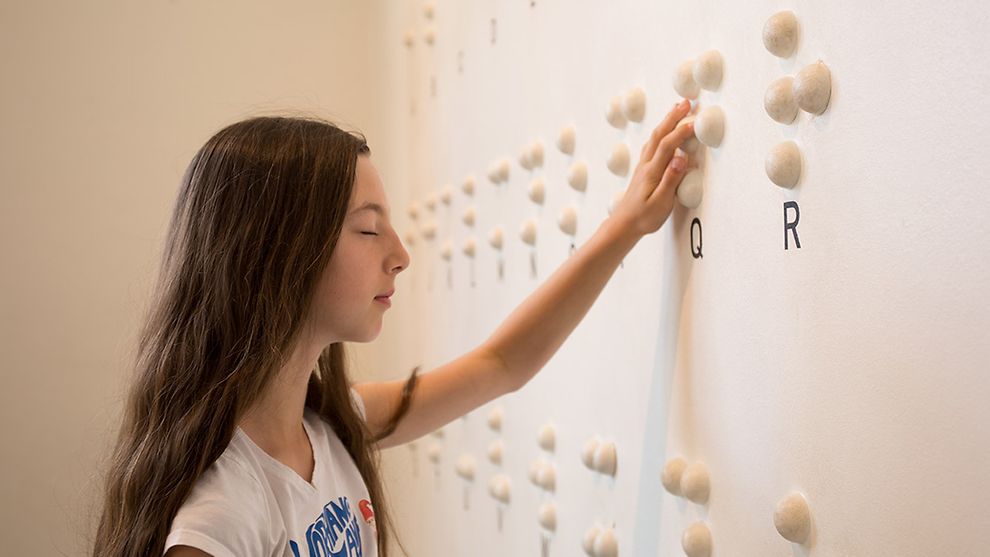
盲人導覽將引導您完成一個完全黑暗的體驗。一次的體驗人數將不超過8人。 裝備了盲人拐杖,您將以全新的方式發現我們通常認為理所當然的世界。 在日常生活的各種情況下都可以聽到,感覺和找到一種全然不同的體驗。 您可以在公園散步,穿越繁忙的城市街道,乘船遊覽以及參觀我們的Dark Bar。 訪問之後很長時間,這種震撼將一直留在您的人生記憶中。而盲人的指南引導可確保您在這個陌生風景中的每一步都感到安穩和放鬆。 在您的最後一站,黑暗酒吧,您可以與您的導覽員討論整個體驗。大約60分鐘後,這個迷人的體驗就結束了。慢慢地,您回到光線充足的世界,您的生命將會永遠留下這場震撼、難以忘懷的經驗!
Your blind host will guide you through a completely darkened exhibition. You will be in a small group of no more than 8 people. Equipped with a blind cane, you discover the world that we usually take for granted in a completely new way. Hear, feel and find your bearings in various situations of daily life. Going for a walk in the park, crossing a busy city-street, going on a boat trip as well as visiting our Dark Bar. This experience will stay in your memory long after your visit. Blind and visually-impaired guides ensure your well-being at every step through this unfamiliar landscape. At your last stop, the Dark Bar, you can talk about your experience over a drink with your host and guide. He or she will answer the questions which naturally arise during the tour. It’s also fun to compare notes with your fellow visitors at this point. This fascinating experience comes to an end after about 60 minutes. Slowly you return to the well-lit foyer. It will be a shocking and unforgettable experience in your life!
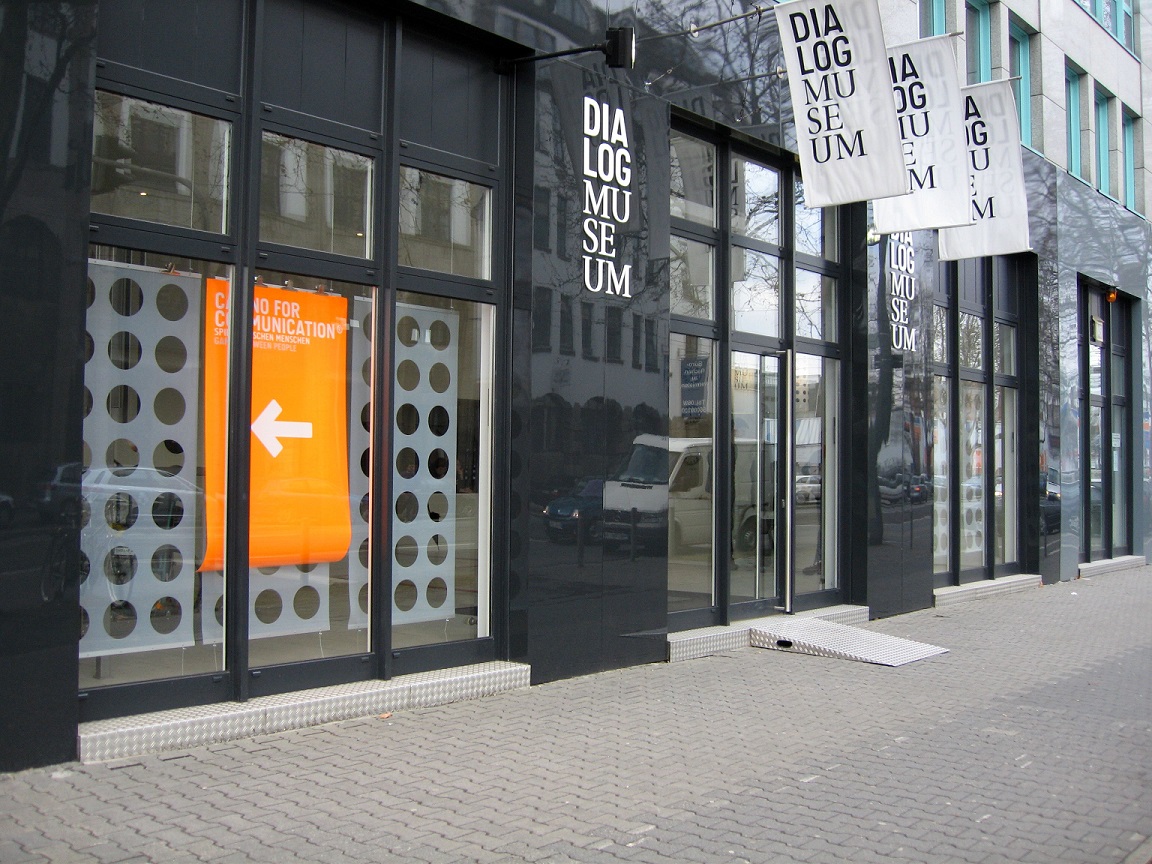
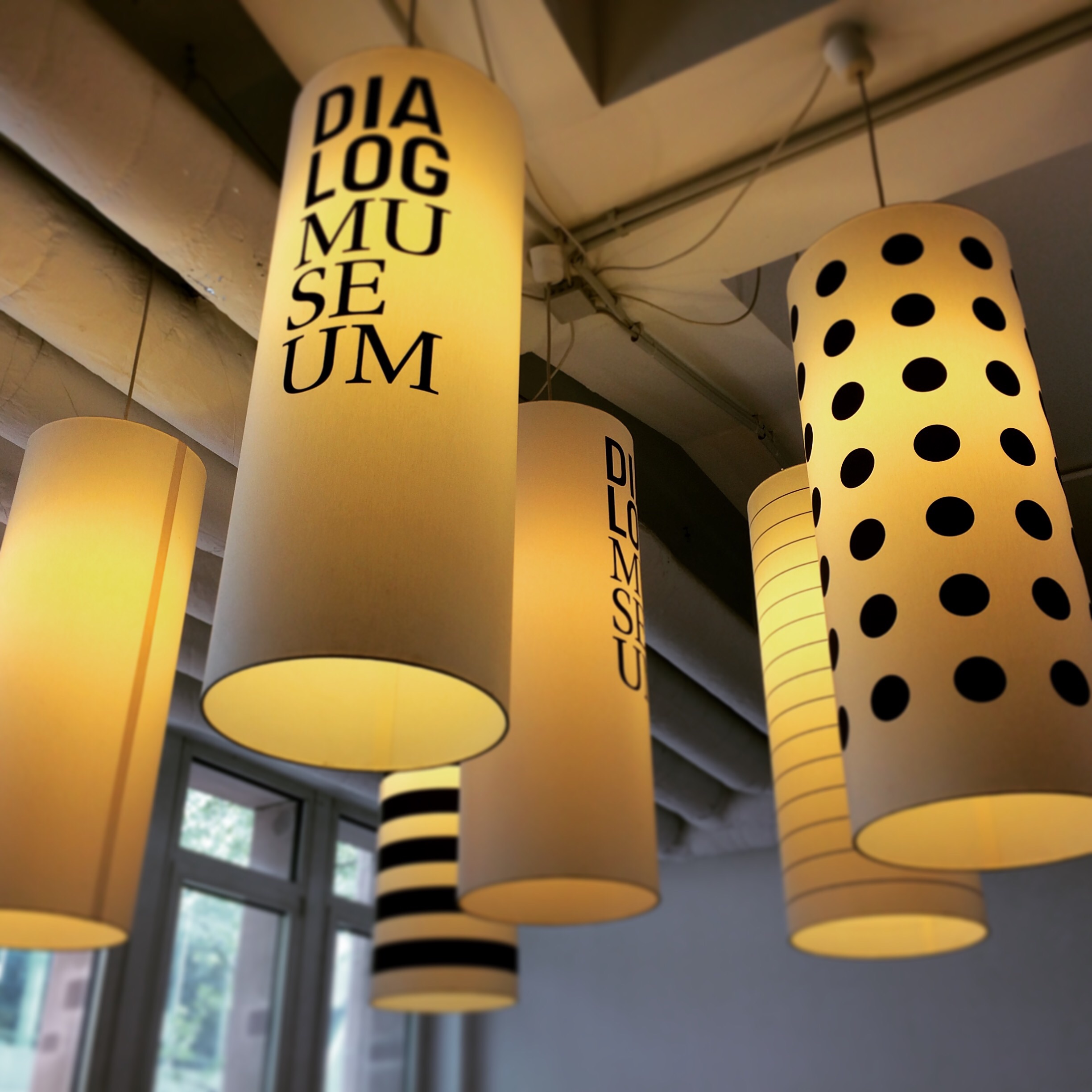
Source: Dialogmuseum
國際獎項報名代辦專線:02-2799-7723

